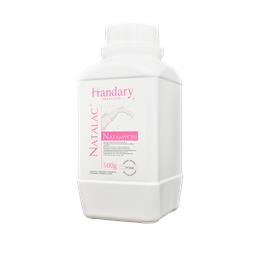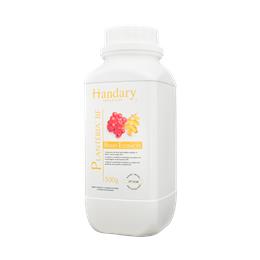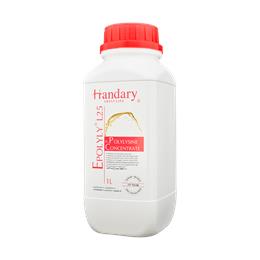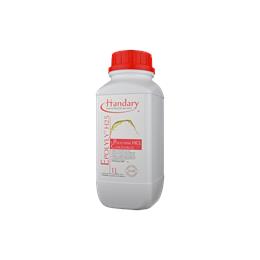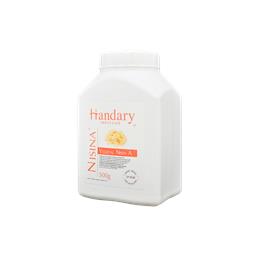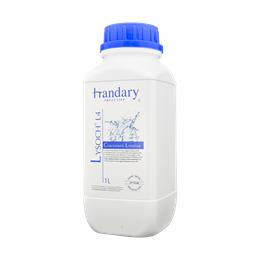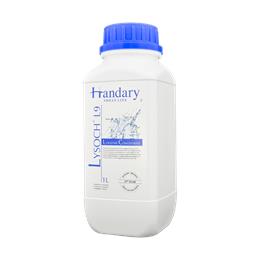Description
Fermented milk refers to dairy products that have been fermented with specific bacteria or yeast cultures, which convert lactose (milk sugar) into lactic acid. This process gives fermented milk a tangy flavor and a creamy texture. Some common types of fermented milk include yogurt, kefir, and buttermilk.
Fermented milk products are a great source of protein, calcium, and probiotics, which are beneficial for digestive health. It's important to choose varieties that are free from any additives or preservatives and to opt for organic or locally sourced dairy products when possible.
Yeasts & Molds
Yeasts and molds can play a role in the fermentation of milk products, such as yogurt or kefir, but they can also cause spoilage if present in excessive amounts.
During the fermentation process, certain types of yeast and mold can contribute to the unique flavor and texture of the product. For example, some strains of yeast can help to produce a slightly carbonated texture in kefir. Similarly, certain molds can contribute to the flavor and texture of blue cheese.
However, if the growth of yeasts and molds is not controlled during fermentation, they can cause spoilage and decrease the shelf life of the product. This can result in off-flavors, slimy or moldy textures, and other quality issues.
Overall, controlling the growth of yeasts and molds in fermented milk products requires a combination of proper ingredient handling, production practices, and storage conditions. By following good manufacturing and storage practices, manufacturers and consumers can help to ensure that these products remain safe and free from spoilage.
Total Aerobic Bacteria
Fermented milk products, such as yogurt or kefir, can contain a variety of microorganisms, including total aerobic bacteria. These bacteria are a type of bacteria that require oxygen to grow and can include both beneficial and harmful species.
While some total aerobic bacteria are desirable and contribute to the fermentation process and flavor of the product, others can cause spoilage and foodborne illness. Therefore, it is important to control the growth of total aerobic bacteria in fermented milk products.
Overall, controlling the growth of total aerobic bacteria in fermented milk products requires a combination of proper ingredient handling, production practices, and storage conditions. By following good manufacturing and storage practices, manufacturers and consumers can help to ensure that these products remain safe and free from spoilage.
 English
English 简体中文
简体中文 Français
Français Español
Español
